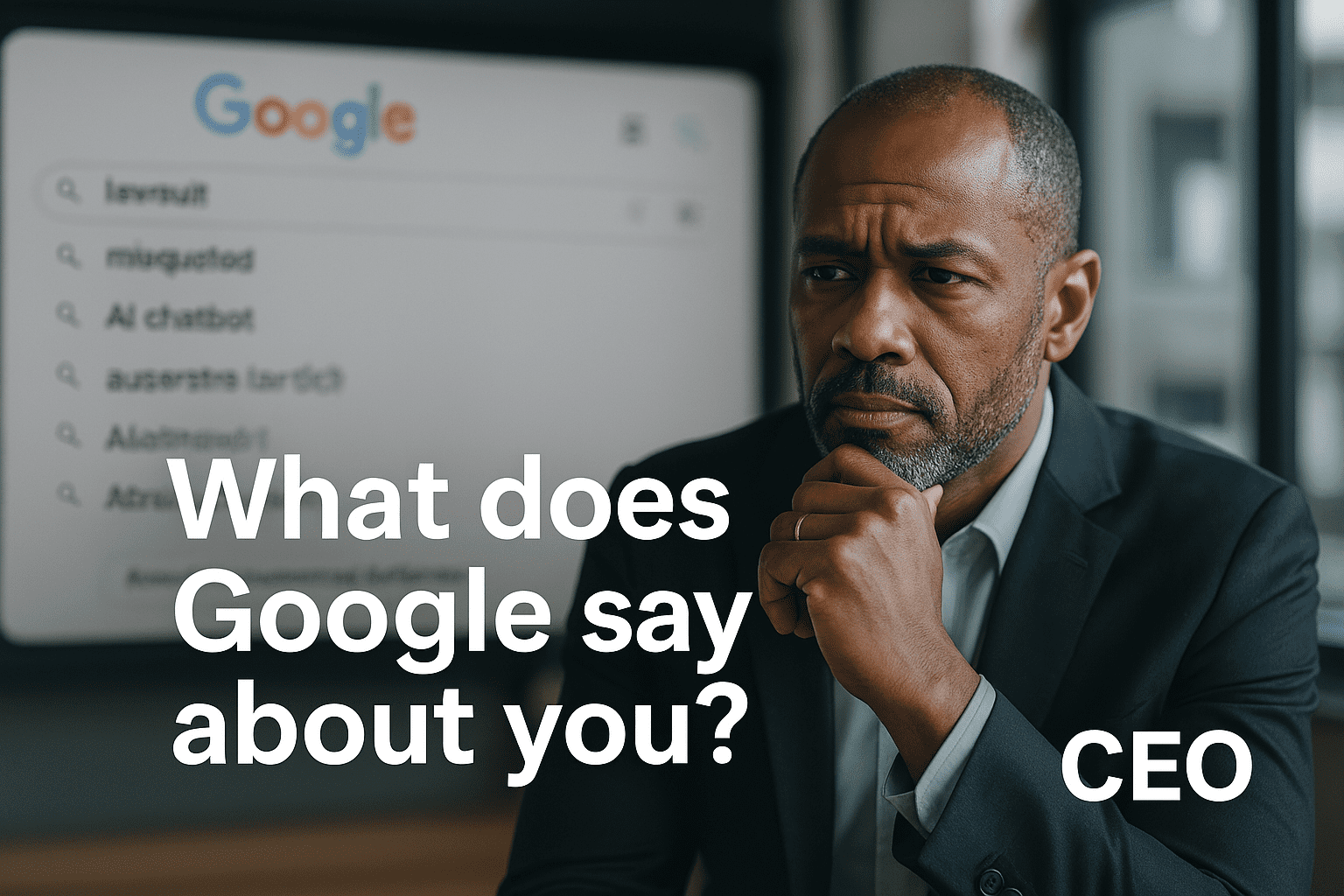Last Updated on August 10, 2023 by Steven W. Giovinco
Online Reputation Management: Things are not always what they appear to be online—just as in real life Graeme Wood wrote in New York Magazine about online reputation management, and uncovered the modern industry of Doppelganger creations: new online identities for those with a tarnished Google trail.
In his investigation, Graeme Wood came across a Harvard classmate who was arrested for trying to hide funds—millions—in a Swiss bank account. The classmate was punished and the chargers were dropped, but the events stayed online like a modern “scarlet letter” and still showed up prominently on the first page of Google search.
A few years later, however, he noticed that the online fortunes of his classmate were turning around substantially. Press releases, blogs, and websites suddenly extolled the fantastic accomplishments of his friend. “But something was wrong with these sites, which in every case looked flimsy and temporary, especially when you got beyond the first page,” says Graeme Wood.
Using modern-day detective work that could only exist in the Google Age, but reminiscent of those found in Woodward and Bernstein’s “All the President’s Men,” Wood continued his thorough sleuthing. His investigation lead him to uncover that an online reputation management firm was engaged to scrub the record.
Online reputation management firms create new, good content to push the negative down or off the first page. Since most information is online forever, this is usually the best and only option. To a casual web surfer, these crafted sites and content might be acceptable, but if you are looking for real information, you probably would move on or think something is slightly amiss with them.
“In the early days of the web, when average users and search engines weren’t great at discerning which sites were reliable, it really might have been possible to bury your indiscretions with pop-up web pages that extolled your virtues,” rightly notes Wood.
Yes: in the Olde Days, creating sites with thin content could wash away negative links easily, but nowadays Google’s algorithm is smart enough to smell flimflam. Perhaps as a result of this, the arrest record still shows up second when searching for his name (despite possibly paying the equivalent of a Rolls-Royce Ghost).
Google ranks web sites based on many attributes or signals, which it never discloses (because everyone would try to game the system), but it continually tweaks or overalls its search system with the goals of serving good content to users and to weed out spam sites or those that are poorly created.
The Bottom Line
Things are not always what they appear to be online—just as in real life, I suppose. Super sleuthing might be necessary to uncover that an online reputation management firm was engaged to scrub away the negative, but sometimes the results are more overt. The real success is when no one really notices when the negative links, posts or articles slip away out of sight. If the new content is too obvious and appears as a cover-up, then an online reputation is ruined a second time.
Related posts:
- A Further Look at “Is Online Reputation Management Worth The Money?” by Cheryl Lock on Forbes.com
- How Poor Online Reputation Management A Ruined Business
- What Are Online Reputation Management Trends for 2018? Here Are 6 Important Ones
- How to Use Online Reputation Management to Gain and Retain Clients




